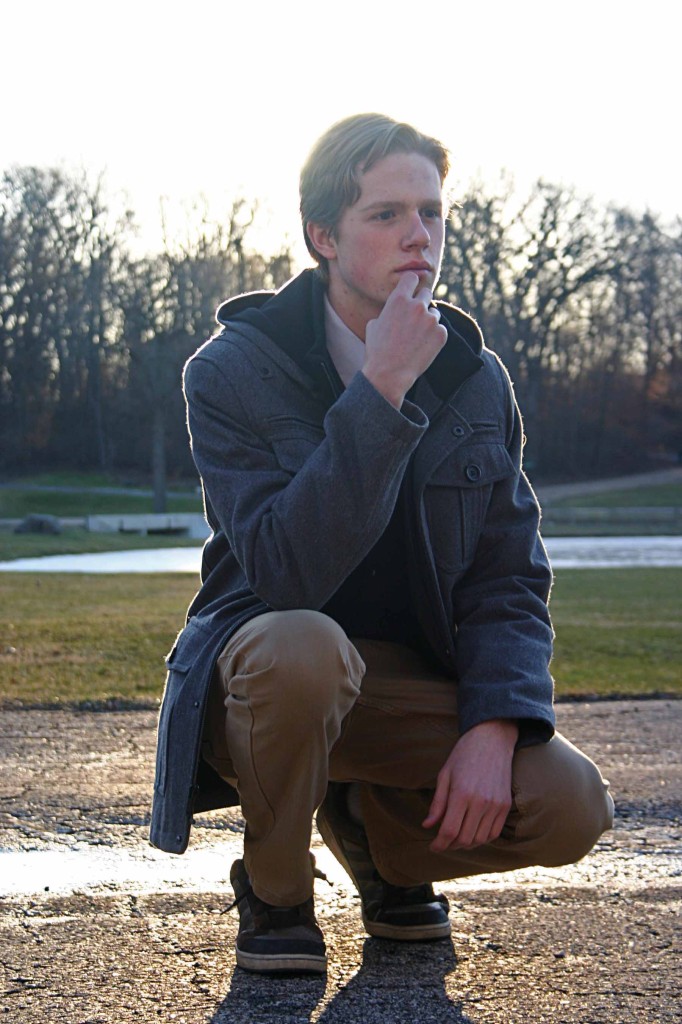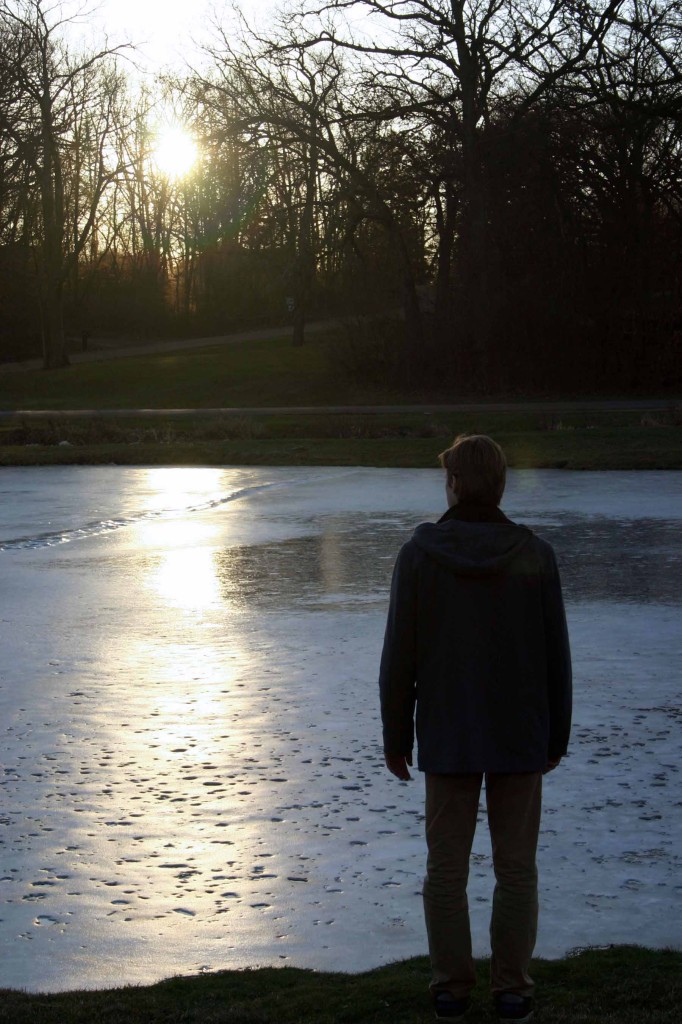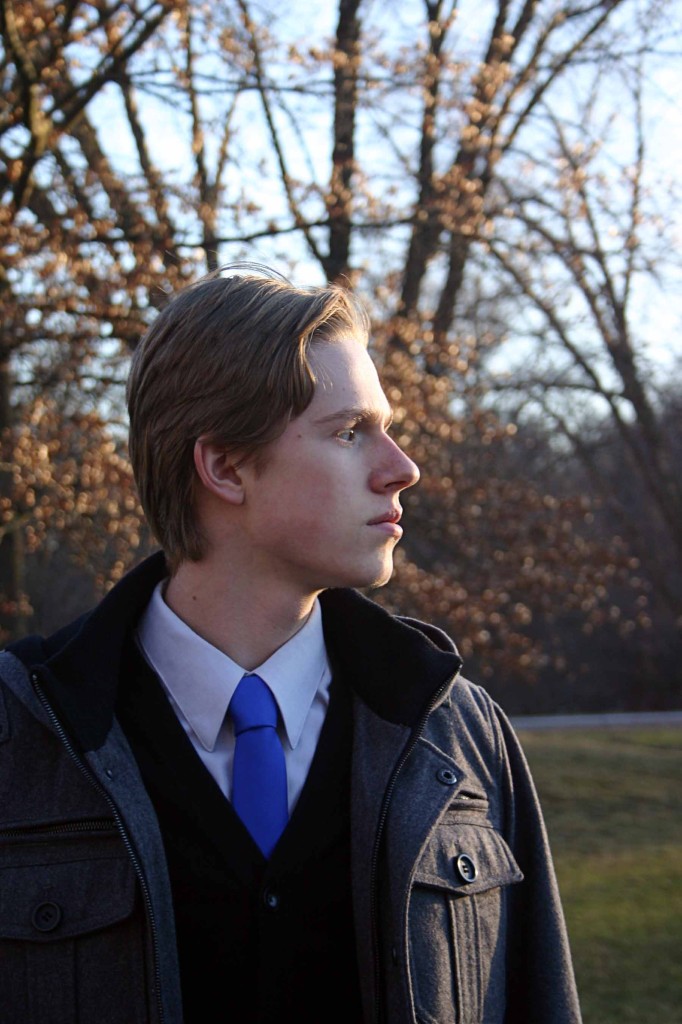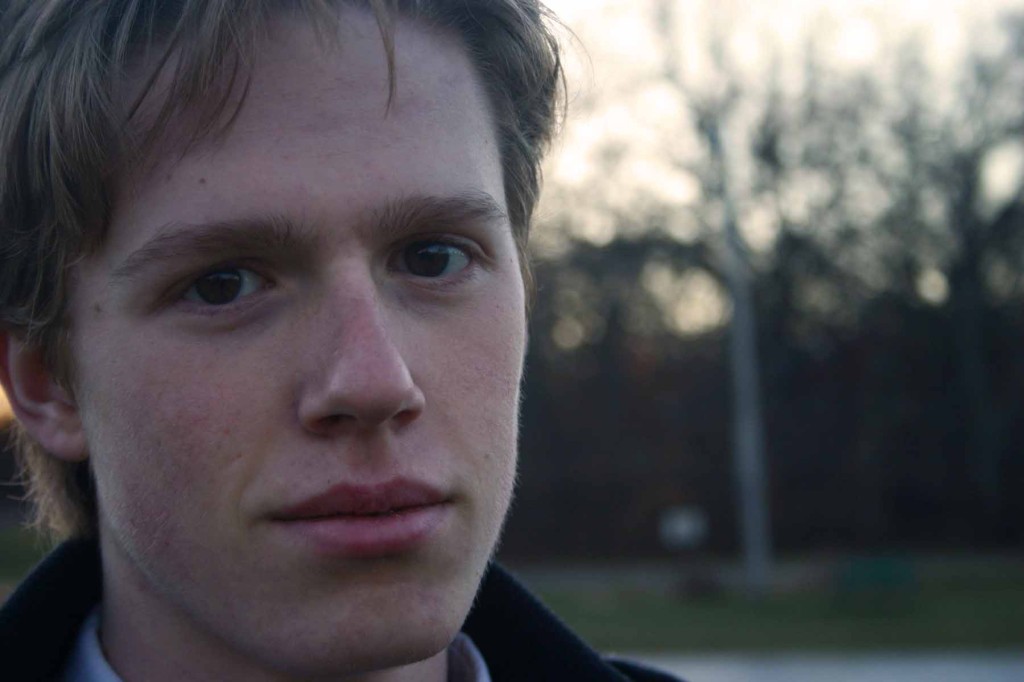My latest school assignment was to write a 2 to 3 page research paper on anyone famous — but in an interesting way. I wrote about Paul Revere. One of the main things I wanted to address was why Revere’s midnight ride is so famous, and William Dawes’ (the other main rider) isn’t. I found out that Revere was only famous after his death because of Longfellow’s poem “The Midnight Ride of Paul Revere”. So, I decided to write a letter to Longfellow pretending to be Paul Revere’s son Joseph Warren Revere. Enjoy!
Dear Henry Wadsworth Longfellow,
I have recently read your newest poem “The Midnight Ride of Paul Revere”. I must say it is a fine work – as far as poetry goes. You have several mistakes in the actual story of the “Midnight Ride”. My father, Paul Revere, told me the story. He told my children the story, and my children will tell theirs. If you would allow me to set the record straight.
First, in your second paragraph you made a major flaw. And I quote:
“He said to his friend, “If the British march
By land or sea from the town to-night,
Hang a lantern aloft in the belfry arch
Of the North Church tower, as a signal light, —
One, if by land, and two, if by sea;
And I on the opposite shore will be…”
The lantern signal wasn’t for my father but from him. He himself didn’t hang the lanterns, but he told two men which signal to give. Robert John Newman and Captain John Pulling were the ones who took the lanterns up to the steeple to Thomas Bernard, who hung them in North Church.
Secondly, you gave sole credit of the ride to my father, and though I like the idea of my father as an only hero, the mission would not have been a complete success if it wasn’t for William Dawes and Samuel Prescott. You never said that there were no other riders, but if I didn’t know the real story, I would assume that my father was the only one. Though Dawes, Prescott and Revere were the three main riders, many other farmers and townsmen also rode to warn other small villages. By the end of the night there were more than forty riders.
Thirdly, the whole mission is not the same. I have three things to say about this part.
“…And I on the opposite shore will be,
Ready to ride and spread the alarm
Through every Middlesex village and farm,
For the country-folk to be up and to arm…”
“…When he came to the bridge in Concord town.”
In your poem Paul Revere’s mission is to spread the alarm as far as Concord. When, in fact, he and Dawes rode to Lexington to warn John Hancock and Samuel Adams of the the movements of the British Army. The British were going to arrest Hancock and Adams and steal weapons in Concord. My father and Dawes both reached Lexington and successfully gave the message to Hancock and Adams. In Lexington, Revere and Dawes met up with Samuel Prescott, and the three of them decided to ride to Concord to warn the people there of the British.
But only Prescott made it to Concord and warned the people there. In Lincoln all three riders were taken captive by three British officers. Prescott escaped almost immediately. Soon after Dawes escaped by jumping off his horse but he didn’t finish the ride. My father was taken back to Lexington. There, the British officers heard gunfire coming from the city hall, took my father’s horse and rode towards the city hall, leaving my father standing alone. So, Paul Revere went back to John Hancock’s house just in time to help him and his family escape from a group of rowdy Brits.
I would also like to note that my father and Dawes’ mission was supposed to be a stealth mission, and that no noise was supposed to be made. But when told this, my father said, “THE REGULARS ARE COMING OUT!” and he spread the word, not by yelling as you might think, but by knocking on doors and getting other men to spread the word. The other riders I mentioned above mostly did that part.
And fourthly, my dear Wadsworth, you lengthened the time frame by one hour.
“It was twelve by the village clock,
When he crossed the bridge into Medford town…
It was one by the village clock,
When he galloped into Lexington…
It was two by the village clock,
When he came to the bridge in Concord town…”
Although I am honored you would write such a marvelous poem about my father, I hope you understand how I feel about the truth of this story. That day is the most important day in the history of our country. And it would be sorrowful to think that in only 86 years after that day and 40 years since my father’s death, we have lost the truth about a day such as that.
And with that I leave you. God bless,
Joseph Warren Revere
In case you wish to revise your poem, I have included it below.
LISTEN, my children, and you shall hear
Of the midnight ride of Paul Revere,
On the eighteenth of April, in Seventy-Five;
Hardly a man is now alive
Who remembers that famous day and year.
He said to his friend, “If the British march
By land or sea from the town to-night,
Hang a lantern aloft in the belfry arch
Of the North Church tower, as a signal light, —
One, if by land, and two, if by sea;
And I on the opposite shore will be,
Ready to ride and spread the alarm
Through every Middlesex village and farm,
For the country-folk to be up and to arm.”
Then he said “Good-night!” and with muffled oar
Silently rowed to the Charlestown shore,
Just as the moon rose over the bay,
Where swinging wide at her moorings lay
The Somerset, British man-of-war;
A phantom ship, with each mast and spar
Across the moon like a prison-bar,
And a huge black hulk, that was magnified
By its own reflection in the tide.
Meanwhile, his friend, through alley and street
Wanders and watches with eager ears,
Till in the silence around him he hears
The muster of men at the barrack door,
The sound of arms, and the tramp of feet,
And the measured tread of the grenadiers,
Marching down to their boats on the shore.
Then he climbed the tower of the Old North Church,
By the wooden stairs, with stealthy tread,
To the belfry-chamber overhead,
And startled the pigeons from their perch
On the somber rafters, that round him made
Masses and moving shapes of shade, —
By the trembling ladder, steep and tall,
To the highest window in the wall,
Where he paused to listen and look down
A moment on the roofs of the town,
And the moonlight flowing over all.
Beneath, in the churchyard, lay the dead,
In their night-encampment on the hill,
Wrapped in silence so deep and still
That he could hear, like a sentinel’s tread,
The watchful night-wind, as it went
Creeping along from tent to tent,
And seeming to whisper, “All is well!”
A moment only he feels the spell
Of the place and the hour, the secret dread
Of the lonely belfry and the dead;
For suddenly all his thoughts are bent
On a shadowy something far away,
Where the river widens to meet the bay, —
A line of black, that bends and floats
On the rising tide, like a bridge of boats.
Meanwhile, impatient to mount and ride,
Booted and spurred, with a heavy stride
On the opposite shore walked Paul Revere.
Now he patted his horse’s side,
Now gazed on the landscape far and near,
Then, impetuous, stamped the earth,
And turned and tightened his saddle-girth;
But mostly he watched with eager search
The belfry-tower of the Old North Church,
As it rose above the graves on the hill,
Lonely and spectral and somber and still.
And lo! as he looks, on the belfry’s height
A glimmer, and then a gleam of light!
He springs to the saddle, the bridle he turns,
But lingers and gazes, till full on his sight
A second lamp in the belfry burns!
A hurry of hoofs in a village street,
A shape in the moonlight, a bulk in the dark,
And beneath, from the pebbles, in passing, a spark
Struck out by a steed flying fearless and fleet:
That was all! And yet, through the gloom and the light,
The fate of a nation was riding that night;
And the spark struck out by that steed, in his flight,
Kindled the land into flame with its heat.
He has left the village and mounted the steep,
And beneath him, tranquil and broad and deep,
Is the Mystic, meeting the ocean tides;
And under the alders that skirt its edge,
Now soft on the sand, now loud on the ledge,
Is heard the tramp of his steed as he rides.
It was twelve by the village clock,
When he crossed the bridge into Medford town.
He heard the crowing of the cock,
And the barking of the farmer’s dog,
And felt the damp of the river fog,
That rises after the sun goes down.
It was one by the village clock,
When he galloped into Lexington.
He saw the gilded weathercock
Swim in the moonlight as he passed,
And the meeting-house windows, blank and bare,
Gaze at him with a spectral glare,
As if they already stood aghast
At the bloody work they would look upon.
It was two by the village clock,
When he came to the bridge in Concord town.
He heard the bleating of the flock,
And the twitter of birds among the trees,
And felt the breath of the morning breeze
Blowing over the meadows brown.
And one was safe and asleep in his bed
Who at the bridge would be first to fall,
Who that day would be lying dead,
Pierced by a British musket-ball.
You know the rest. In the books you have read,
How the British regulars fired and fled, —
How the farmers gave them ball for ball,
From behind each fence and farm-yard wall,
Chasing the red-coats down the lane,
Then crossing the fields to emerge again
Under the trees at the turn of the road,
And only pausing to fire and load.
So through the night rode Paul Revere;
And so through the night went his cry of alarm
To every Middlesex village and farm, —
A cry of defiance and not of fear,
A voice in the darkness, a knock at the door,
And a word that shall echo forevermore!
For, borne on the night-wind of the Past,
Through all our history, to the last,
In the hour of darkness and peril and need,
The people will waken and listen to hear
The hurrying hoof-beat of that steed,
And the midnight-message of Paul Revere.
Henry Wadsworth Longfellow, 1860.

 If you can keep your head when all about you
If you can keep your head when all about you If you can dream—and not make dreams your master;
If you can dream—and not make dreams your master; If you can make one heap of all your winnings
If you can make one heap of all your winnings If you can talk with crowds and keep your virtue,
If you can talk with crowds and keep your virtue,